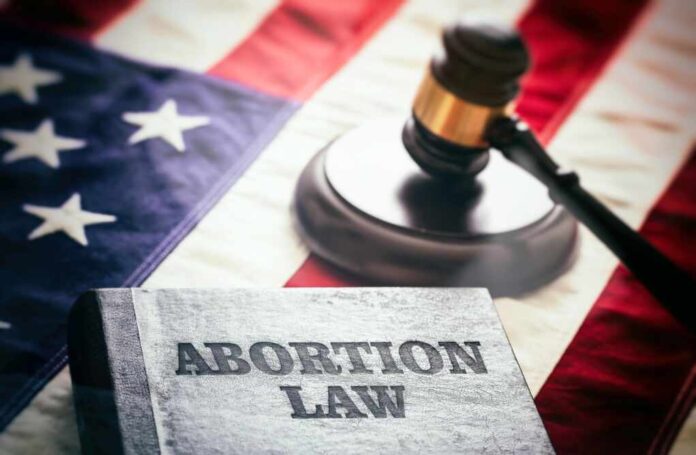
A state lawmaker in South Dakota wants to clear up any confusion about the state’s strict abortion laws by providing clear guidance for healthcare providers who might be faced with the difficult decision about whether they can perform an abortion or not.
A complete ban on abortion in South Dakota went into effect in June 2022, with the only exception being if the procedure is necessary to save a pregnant mother’s life.
'EVERY SINGLE LIFE IS PRECIOUS': South Dakota Gov. @KristiNoem reveals on @foxandfriends that the state's trigger ban on abortions is now in effect following the Supreme Court’s Roe v. Wade ruling. https://t.co/knwLx6mqKh pic.twitter.com/e1CO6C0Aam
— Fox News (@FoxNews) June 26, 2022
Abortion advocates have argued that in states that have these abortion bans in place, physicians are often put in no-win situations in which they have to interpret complicated and confusing laws before deciding whether they can perform an abortion. If they make the wrong choice, they can face significant criminal penalties.
That’s a situation that state Rep. Taylor Rehfeldt (R) wants to avoid.
Rehfeldt was a nurse anesthetist before she started serving in the state House in 2021, so she knows a thing or two about the difficult decisions that physicians are faced with.
This week, she introduced what’s called the “Med Ed Bill,” which would authorize the state Department of Health to spend money to create training materials that would clarify how physicians should interpret South Dakota’s abortion ban when assessing whether the procedure is legal in certain cases.
“The abortion topic has really just become this political warzone,” Rehfeldt said recently in an exclusive interview she gave to the Washington Examiner. “We’re making sure that, if there is confusion for providers, that we’re stepping up to the plate where other people are not providing clarification.”
Physicians who perform an abortion that doesn’t abide by the state’s exceptions could be charged with a felony in South Dakota. The maximum penalty for that charge is a fine of $4,000 as well as two years behind bars.
This threat of imprisonment and the hefty fine could cause physicians to hesitate in making a decision when time could be of the essence in saving a mother’s life. That’s the scenario that the “Med Ed Bill” aims to prevent.
If passed, the bill would allocate $100,000 so the Department of Health could consult with healthcare providers and the South Dakota attorney general’s office so training materials could be created to clarify the state’s abortion laws.















